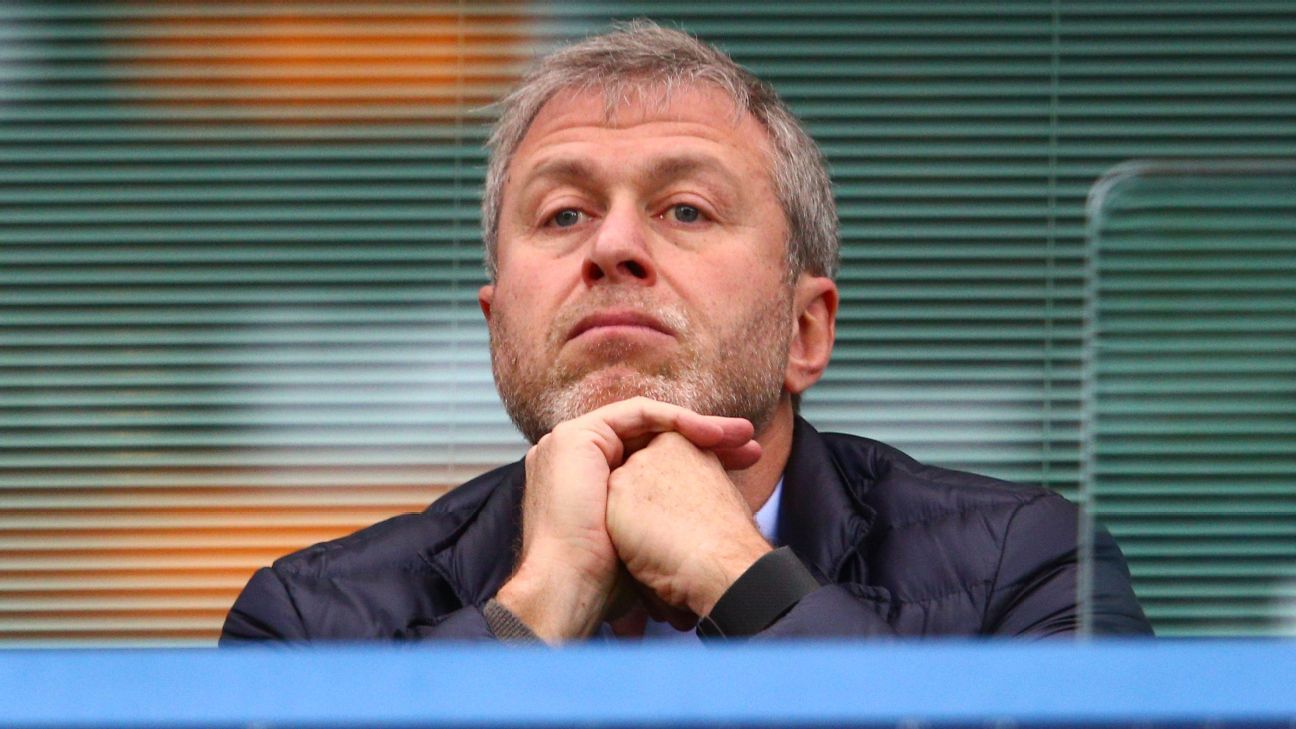
Chelsea have been thrown into chaos after owner Roman Abramovich was sanctioned by the U.K. government for his ties with Russia President Vladimir Putin.
The world and European champions have been frozen as an asset of Abramovich, who is one of seven Russian oligarchs to be targeted along with Igor Sechin, Oleg Deripaska, Dmitri Lebedev, Alexei Miller, Andrei Kostin and Nikolai Tokarev.
"There can be no safe havens for those who have supported Putin's vicious assault on Ukraine," U.K. Prime Minister Boris Johnson said.
- Olley, Marcotti: What does Abramovich sale mean for Chelsea?
- Don't have ESPN? Get instant access
The accompanying statement of reasons from the U.K government describes Abramovich, 55, as a "prominent Russian businessman and pro-Kremlin oligarch" before outlining something Abramovich has always denied: involvement with the Putin regime.
"Abramovich is associated with a person who is or has been involved in destabilising Ukraine and undermining and threatening the territorial integrity, sovereignty and independence of Ukraine, namely Vladimir Putin, with whom Abramovich has had a close relationship for decades," it read.
"This association has included obtaining a financial benefit or other material benefit from Putin and the Government of Russia."
The shock announcement on Thursday morning means Abramovich's attempts to sell the club are on hold for the time being. Sources told ESPN on Wednesday that Abramovich had received multiple bids for the club -- including one consortium led by Los Angeles Dodgers part-owner Todd Boehly and Swiss billionaire Hansjorg Wyss -- but none were close to matching his £3 billion valuation.
Sources have told ESPN that while a sale cannot go ahead as things stand, the U.K. government would consider an application for a licence to allow a sale. Any such licence would not allow Abramovich to benefit from the sale of the club while he remains subject to sanctions.
Where the proceeds of any sale would go is something that would be defined under the terms of a new licence to permit a sale. However, sources have told ESPN that the starting point would likely be that Abramovich could not benefit while assets are frozen.
Regarding the day-to-day-running of the club, Britain's minister for sport, Nadine Dorries, confirmed the government have issued a special licence to allow the club to continue to play fixtures, pay staff and enable season-ticket holders to attend matches. This licence will be kept under review and expires on May 31.
"I know this brings some uncertainty, but the government will work with the league and clubs to keep football being played while ensuring sanctions hit those intended," she said on Twitter.
"Football clubs are cultural assets and the bedrock of our communities. We're committed to protecting them."
Chelsea are effectively not allowed to generate income outside of existing contracts, so they can continue to receive broadcast money and season-ticket holders will be allowed to attend matches.
But they can no longer sell new tickets for future matches and the club shop will have to close. They also cannot agree new contracts for existing players, a particularly urgent situation in the case of Andreas Christensen, Cesar Azpilicueta and Antonio Rudiger whose existing deals all expire at the end of the season.
The transfer window is closed but Chelsea cannot agree any new transactions for the summer, although payment arrangements for deals relating to loans or transfers -- meaning instalments due on existing deals -- can continue as normal.
Chelsea can pay what the government describes as "reasonable" costs of hosting a home fixture, not exceeding £500,000 per game, and also travel costs to and from fixtures up to £20,000 per game.
Sources have told ESPN that the cost of a typical European away game to be around £30,000 which could potentially force the club into downgrading their travel arrangements.
However, Chelsea's Champions League round-of-16 second-leg tie in Lille next Wednesday is not thought to be a major issue given the French city is a short flight from London and can be reached directly by train via the Eurostar if necessary.
Sponsors are reviewing their ties with Chelsea in wake of the latest news. Telecommunications company Three have confirmed that their £40 million-a-year sponsorship deal is now "under review."
A Chelsea Supporters' Trust (CST) spokesperson released a statement which read: "The CST notes with concern the government's statement regarding the owner. Supporters must be involved in any conversation regarding ongoing impacts on the club and its global fan base.
"The CST implores the government to conduct a swift process to minimise the uncertainty over Chelsea's future, for supporters and for supporters to be given a golden share as part of a sale of the club."
It remains to be seen whether Abramovich launches a legal challenge against the U.K. government. A spokeswoman for Abramovich did not immediately respond to comment when contacted by ESPN.
What the sanctions mean:
- Chelsea cannot sell any home match tickets, though season tickets and other tickets bought prior to March 10 will be valid. This means there will be no away fans at Chelsea matches for any games which have not yet gone on sale.
- The club can pay the wages of all players and staff.
- Travel costs for away games limited to a maximum of £20,000.
- Cost of home games for security, catering and stewarding capped at £500,000 per game.
- Payments to and from other clubs for transfers and loans agreed before March 10 can still be made.
- Broadcasters can show Chelsea games and pay revenues, but these funds must be frozen.
- Third parties who have club merchandise can sell existing stocks but the proceeds cannot be paid to the club.


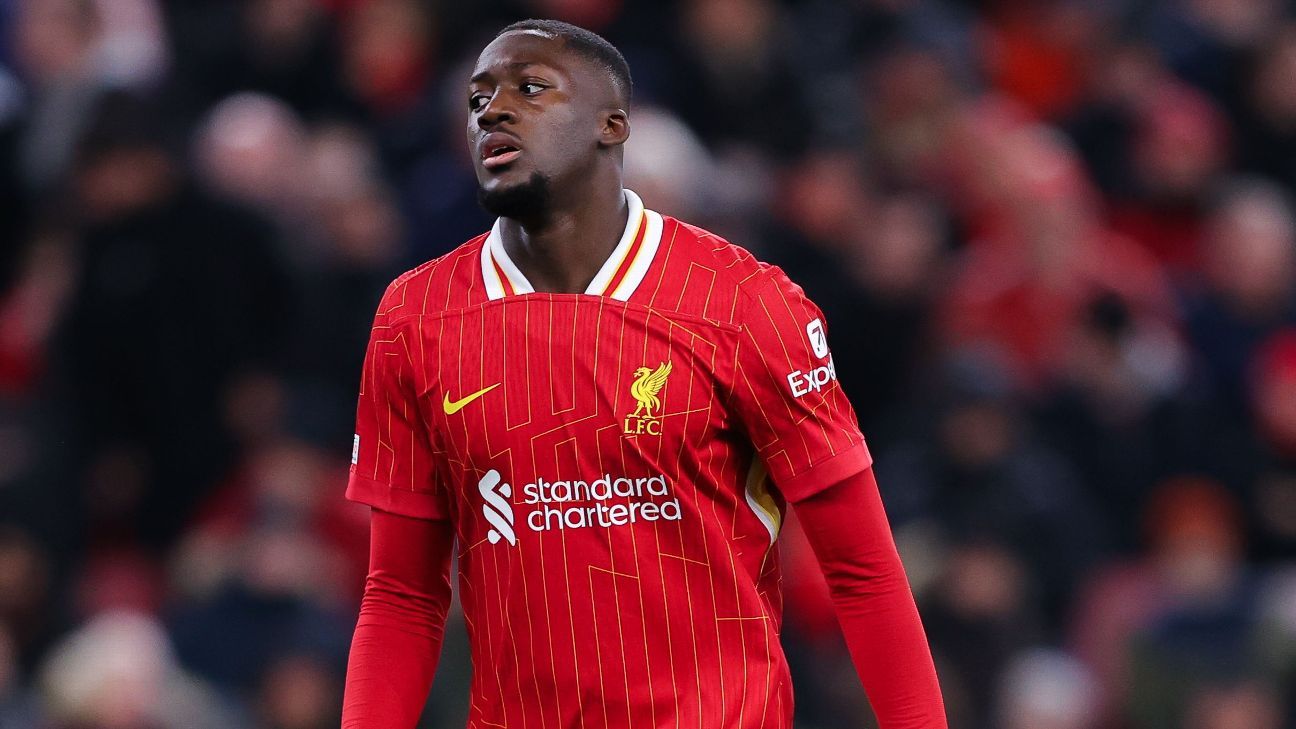
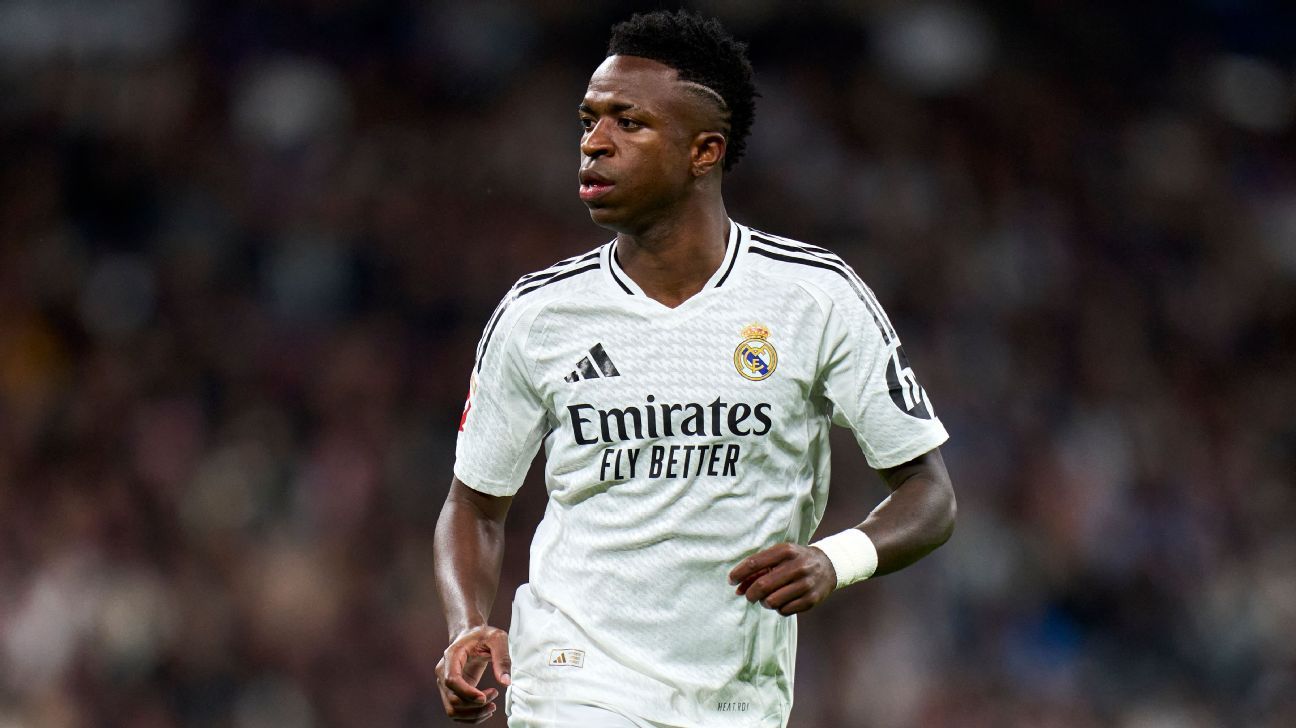
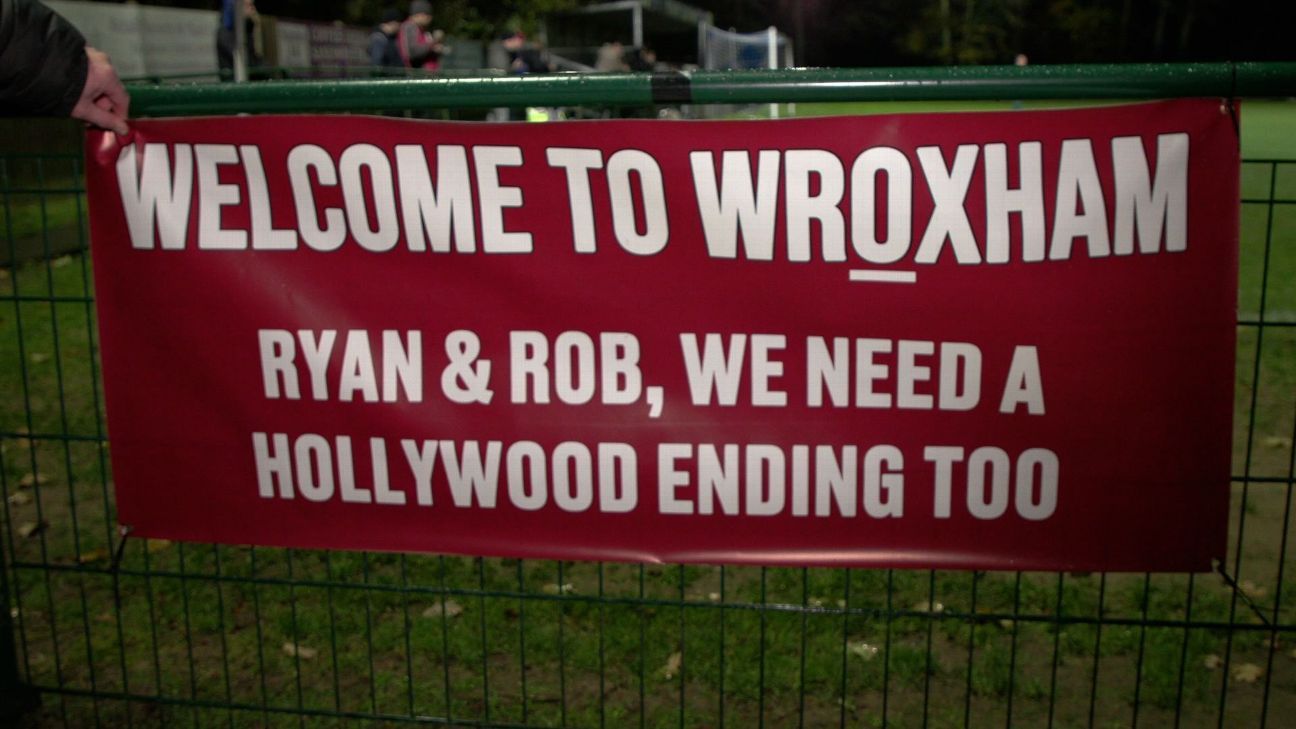






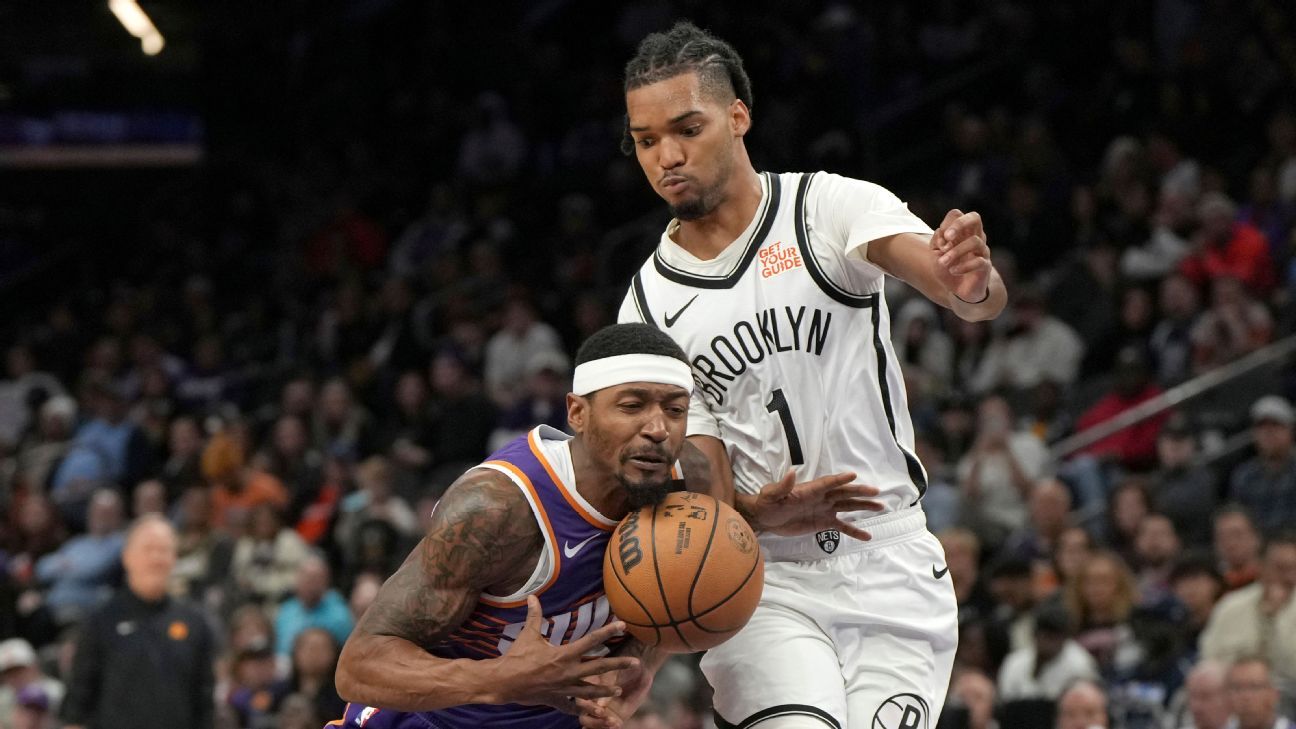
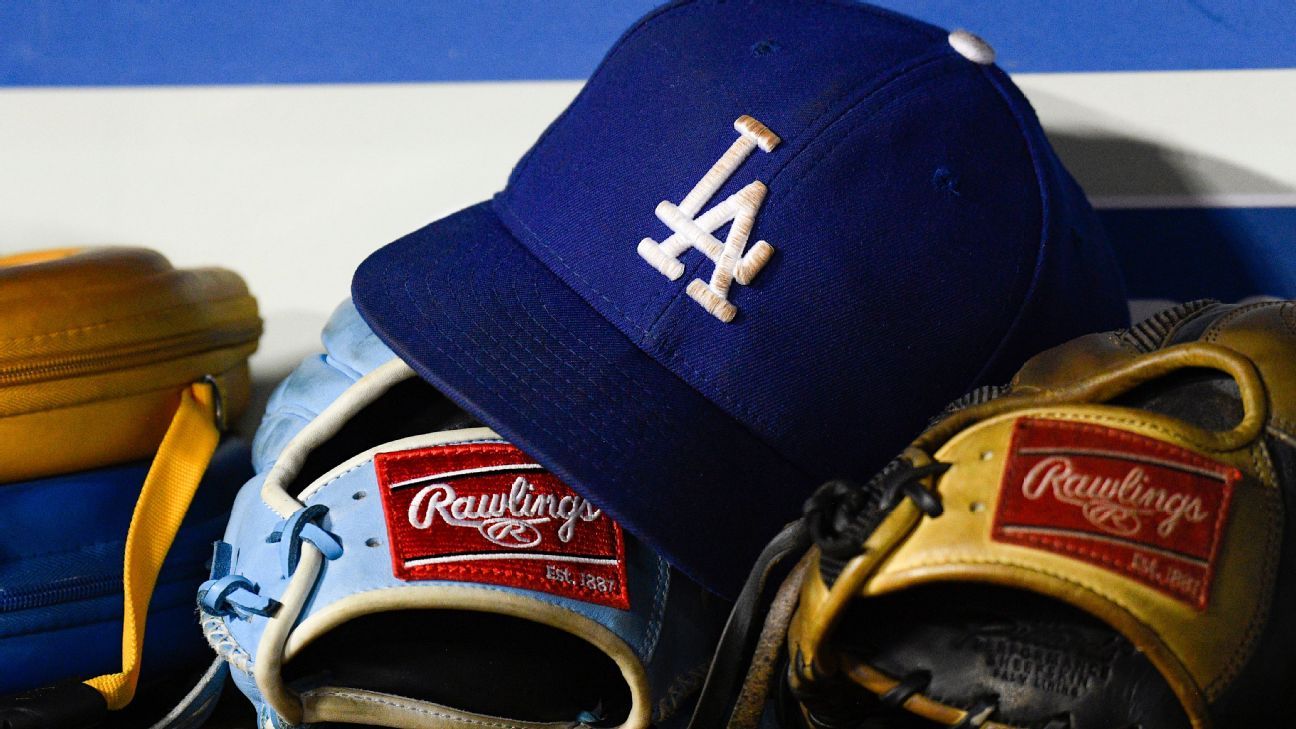
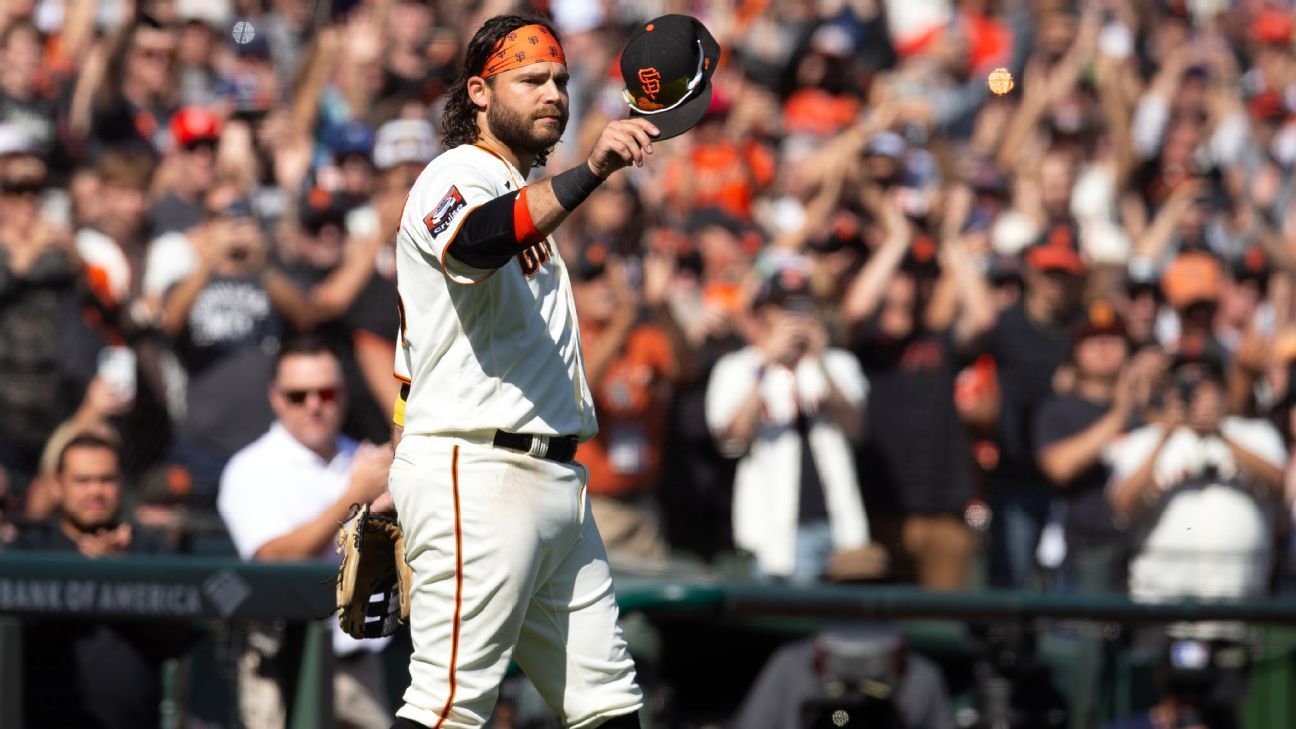

 Phone: (800) 737. 6040
Phone: (800) 737. 6040 Fax: (800) 825 5558
Fax: (800) 825 5558 Website:
Website:  Email:
Email: 






